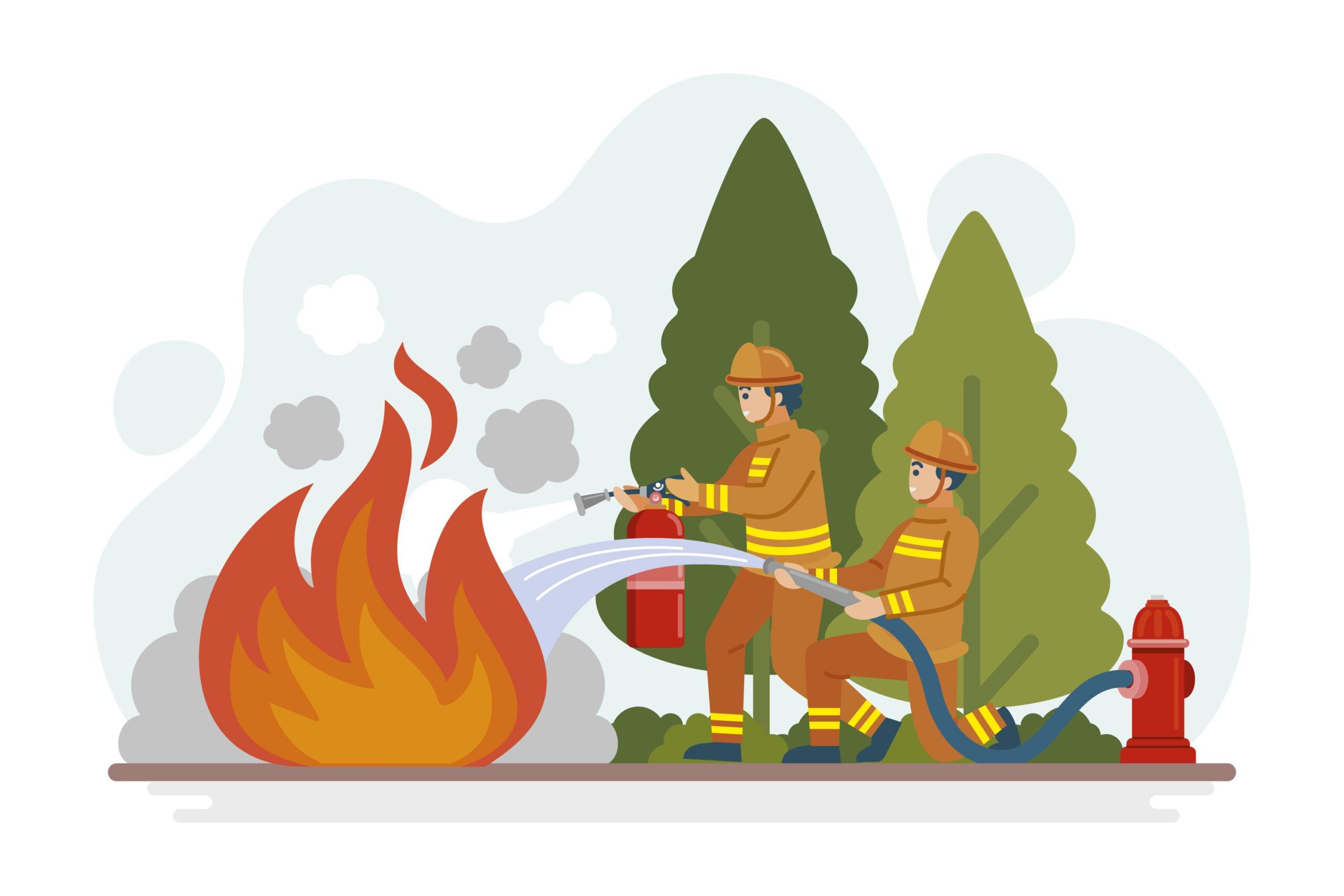
First Responders Research Study

Fast Facts

Ages 18-56

Active Duty Firefighter

Compensation Provided

Conducted in Rhode Island
Study Background
Researchers at Butler Hospital are evaluating if at-home Alpha Stim Cranial Electrotherapy Stimulation (CES) is an appropriate and acceptable intervention for firefighters, and whether CES may change how firefighters feel. The main benefits of this study are to help researchers and clinicians develop future interventions such as CES for the prevention of posttraumatic stress disorder or other mental health issues often seen in first responders.
The goal of this study is to assess whether the Alpha Stim Cranial Electrotherapy Stimulation (CES) device is suitable for use by firefighters at home and to evaluate its potential impact on their well-being. The study aims to provide insights for developing future interventions, such as CES, to prevent post-traumatic stress and other mental health challenges commonly encountered by first responders due to their high-stress roles.
Although the study does not focus on treating specific conditions, the CES device from Alpha Stim has been used to address anxiety and insomnia in other contexts. Participating firefighters will need to visit Butler Hospital twice, complete daily surveys via their smartphones, undergo two MRI brain scans, and use the CES device in 20 sessions over approximately four weeks.

Study Background
Researchers at Butler Hospital are evaluating if at-home Alpha Stim Cranial Electrotherapy Stimulation (CES) is an appropriate and acceptable intervention for firefighters, and whether CES may change how firefighters feel. The main benefits of this study are to help researchers and clinicians develop future interventions such as CES for the prevention of posttraumatic stress disorder or other mental health issues often seen in first responders.

The goal of this study is to assess whether the Alpha Stim Cranial Electrotherapy Stimulation (CES) device is suitable for use by firefighters at home and to evaluate its potential impact on their well-being. The study aims to provide insights for developing future interventions, such as CES, to prevent post-traumatic stress and other mental health challenges commonly encountered by first responders due to their high-stress roles.

Additional Information
This study is being done to determine if at-home Alpha Stim Cranial Electrotherapy Stimulation (CES) can improve firefighters’ emotional well-being and assist in creating future mental health treatments for first responders.
You may qualify for this study if you meet the following criteria.
Inclusion Criteria:
- Active duty firefighter in the State of Rhode Island
- Between the ages of 18-56
- In good medical health or, if having chronic medical conditions, these conditions need to be stable
- Ability to speak, read, write, and understand English sufficiently well to complete study procedures and provide informed consent
Exclusion Criteria
- CES-related contraindications, e.g., implanted metallic device or substances including pacemakers, implanted or wearable defibrillators, pregnancy, or planning to become pregnant during the study duration
- Neurological conditions such as brain neoplasm, cerebrovascular events, epilepsy or history of seizures, dementia, and neurodegenerative disorders, or had previously received brain surgery
- Report the presence of suicidal ideation on QuickSCID-5 or has attempted suicide one or more times within the past twelve months
Initial Visits to Butler Hospital:
- Participants will visit the research office at Butler Hospital twice.
- During these visits, they will answer questions about their feelings, receive training on using the CES device, and learn how to complete survey questions on their phone.
- They will also be given a biosensor ring to wear, which will monitor their heart rate and sleep patterns while they sleep.
MRI Scans at Brown University:
- Participants will make two visits to the MRI Research Facility at Brown University.
- The first visit will be before starting the CES treatment, and the second visit will be after the four weeks of CES.
- Each MRI visit will involve a brain scan and will last about one hour.
CES Device Use and Monitoring:
- Participants will use the CES device for four weeks on days when they are not on duty.
- Participants will complete daily surveys on their phones and wear the biosensor ring during sleep on nights when they are off duty.
Study Duration:
The entire study will last approximately two months.
Visit Payments:
- Earn $50 for the first visit.
- Earn $50 for the fourth visit.
- Earn $40 for each MRI scan during the second and third visits.
Bonuses:
- Earn up to $124 in bonuses.
- For each CES session completed, participants earn $2. Completing all 20 CES sessions earns participants $40.
- For each daily or weekly survey completed, participants earn $2. If participants complete 6 out of 7 daily surveys in a week, they get an additional $5 for that week.
Total Earnings:
- Participants can receive up to $304 in total.
Payment Options:
- Participants can choose to be paid by check or gift card.
- If participants choose a check, we will need their home address.
There is no cost for you to participate in our research study.